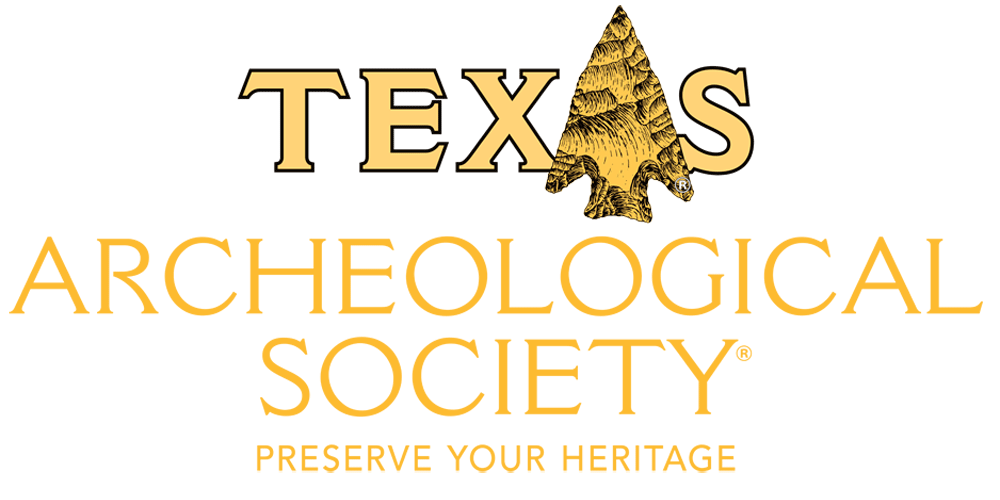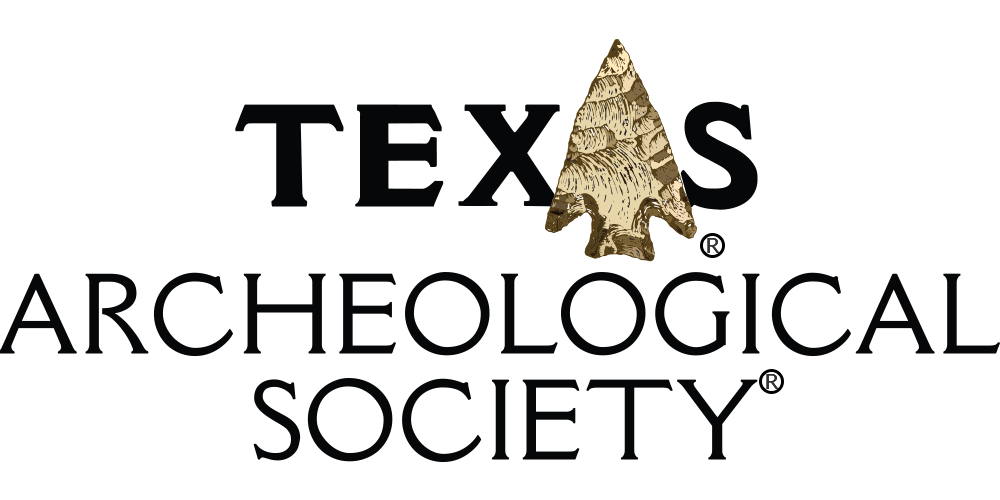2026 Academy Registration is Open click here
"Archeology is not what you find, it's what you find out." David Hurst Thomas
|
|
|
WHO WE ARE...since 1928 The TAS is a diverse group of people with all levels of experience taking part in research and training through Academies, Field School, and the Annual Meeting. TAS promotes and encourages:
TAS does not condone:
The TAS is a non-profit 501(c)3 organization. |






